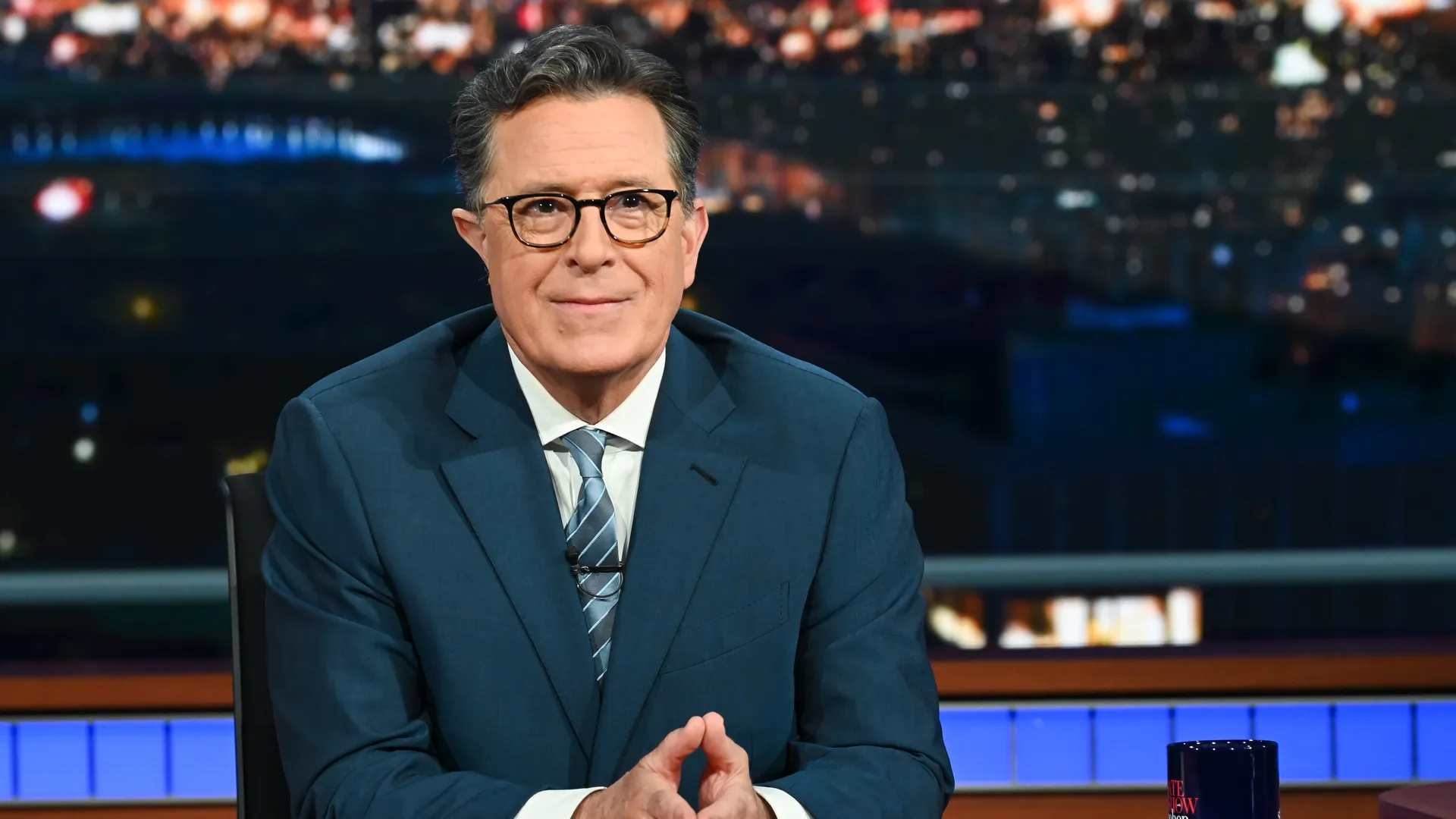CBS’s Fall From Grace: How Financial and Political Pressures Are Undermining a Broadcasting Legend
CBS, once a pillar of American broadcast journalism, no longer commands the respect and trust it once did. Building a media empire takes decades, but dismantling its legacy can happen in just a few short years—especially when the threat comes not from outside forces, but from within the organization itself.
For much of the 20th century, the American television landscape was dominated by three major networks: NBC, ABC, and CBS. Under the visionary leadership of William S. Paley, CBS rose to prominence as a leader in both news and entertainment. Legendary figures like Edward R. Murrow brought the realities of World War II to American homes, and later used investigative journalism to challenge the tactics of Senator Joseph McCarthy during the Red Scare. Walter Cronkite, known as “the most trusted man in America,” anchored the network’s Evening News and shaped generations of viewers. The long-running program 60 Minutes set the gold standard for investigative reporting, with correspondents such as Mike Wallace, Lesley Stahl, and Scott Pelley defining quality journalism for decades.
Today, however, CBS seems to be deliberately dismantling that proud tradition. In a move announced recently, the network declared that The Late Show with Stephen Colbert will end after the next season, coinciding with the expiration of Colbert’s contract in May. While late-night television hosts often come and go as ratings fluctuate, Colbert has been a consistent ratings leader in his time slot. CBS framed this decision as a “purely financial” one, citing the decline of traditional linear television as the primary reason.
But for many observers, the explanation rings hollow. CBS’s current owners have made a series of decisions that appear designed to curry favor with former President Donald Trump—a figure whom Colbert has consistently criticized. This raises troubling questions about whether the network’s editorial independence and commitment to quality journalism are being sacrificed for political expediency.
A turning point for CBS came in 2016—the same year Donald Trump was first elected president. That year also marked a leadership change at CBS’s parent company, Paramount, as the aging Sumner Redstone ceded control to his daughter, Shari Redstone. Since then, Shari Redstone has sought a buyer for the company, ultimately striking a deal with Skydance in 2024. This merger awaits federal approval, with significant political implications.
During the 2024 presidential campaign, tensions escalated when 60 Minutes interviewed Kamala Harris, Trump’s Democratic opponent. Trump sued CBS, accusing the network of editing Harris’s interview unfairly—a claim widely dismissed by First Amendment legal experts as baseless. The lawsuit demanded an astronomical $20 billion, but its primary significance lay in the leverage it gave Trump over CBS’s pending corporate merger. Trump’s control over federal agencies, including the Federal Communications Commission (FCC), positioned him to exert pressure on the network.
In an apparent effort to appease Trump, CBS has taken several controversial steps. The network handed over interview transcripts to Brendan Carr, a close Trump ally heading the FCC. In April 2025, Bill Owens, the respected executive producer of 60 Minutes, resigned abruptly, citing restrictions on his ability to maintain the show’s editorial independence. CBS journalists and insiders have expressed alarm about these developments, warning that the network’s journalistic integrity is under siege.
In an unusual settlement earlier this year, CBS agreed to pay $16 million to cover legal fees related to Trump’s lawsuit and to contribute funds to Trump’s future presidential library. Though the deal reportedly included advertising for Trump-endorsed causes—a claim denied by Paramount—the settlement sent a clear signal: CBS was willing to make significant concessions to secure its business interests.
Now, with Stephen Colbert’s departure looming, questions about CBS’s priorities have intensified. If the network’s rationale is purely financial, one wonders why it is willing to pay tens of millions to settle a dubious lawsuit but end a profitable late-night show that draws strong ratings.
President Trump has recently expressed support for the Skydance merger, praising its CEO David Ellison, son of Oracle co-founder and Trump ally Larry Ellison. Despite this goodwill, the merger’s approval remains pending with federal regulators.
The executives at Paramount and Skydance appear to prioritize corporate and political calculations over defending CBS’s journalism legacy. To them, programs like 60 Minutes and The Late Show may be dispensable—small parts of a vast entertainment portfolio sacrificed to secure a lucrative merger.
CBS’s situation mirrors challenges faced by other institutions during the Trump era. Columbia University, for example, adopted a conciliatory stance toward the Trump administration, only to face escalating demands for control and oversight. This pattern reveals a harsh lesson: conceding ground to political pressure often invites greater encroachment.
If CBS and its parent companies continue down this path, they risk losing not only their journalistic heritage but also the trust of millions of viewers. Institutions that sacrifice their principles for political favor often end up with neither, eroding the very foundation on which their success was built.



